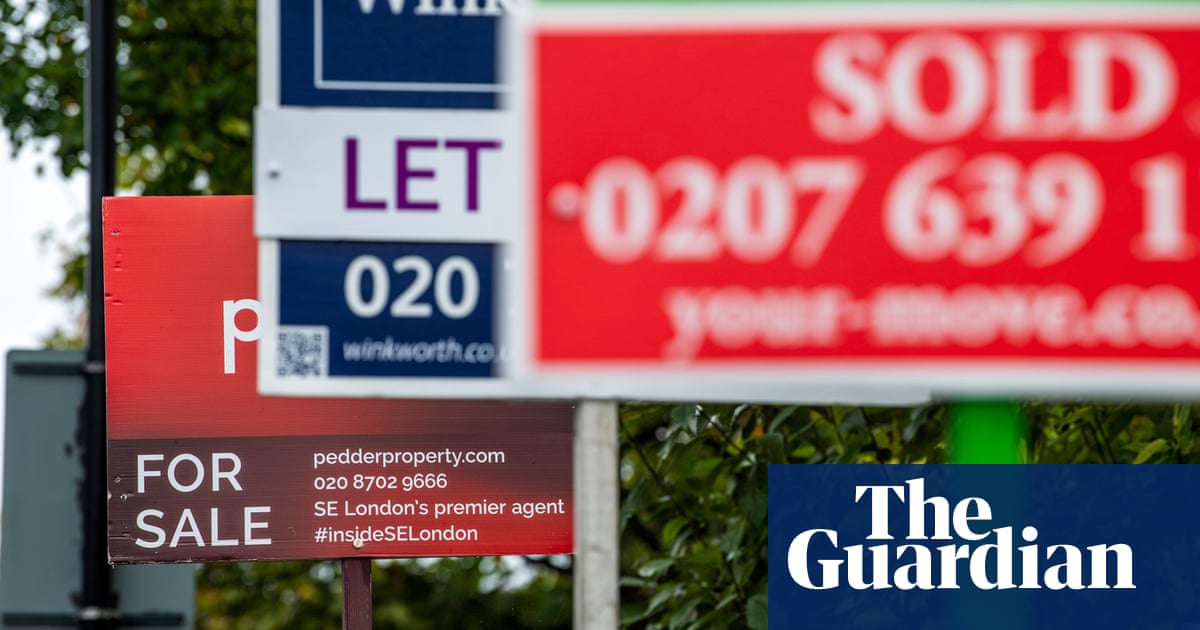Landlords in the UK appear to be selling up in record numbers, according to property website Rightmove, possibly driven by fears of a rise in capital gains tax (CGT) in this month’s budget.
Figures from the listings website published on Wednesday showed that 18% of homes up for sale in September had previously been available to rent – the highest figure since it started collecting data in 2010.
In the same month 14 years ago, just 8% of homes listed for sale had been on the rental market previously. The figure had risen to 15% by 2021, before dropping slightly before this year.
A succession of tax changes have already made owning buy-to-let properties less lucrative, and the prospect of an increase in CGT may have persuaded landlords to sell up sooner rather than later.
The tax on gains made from property is set at up to 24%, but there has been speculation this could rise to as much as 39% in the budget statement on 30 October.
Rightmove said that this, combined with tougher rules on energy performance certificates on rental homes, could be prompting sales.
Those landlords who are not selling up are asking for record rents for their properties. Rightmove’s data showed average advertised rents for homes outside London hit a new high of £1,344 a month, while in London the figure hit £2,694.
The Office for National Statistics showed average private rents for the UK had increased by 8.4% in the 12 months to September.
Its figures, which include data on new and existing tenancies, put the average monthly rent at £1,336 in England, £760 in Wales and £973 in Scotland. It did not quote a figure for Northern Ireland, but said rents there had increased by 9.5%.
after newsletter promotion
Sarah Coles, head of personal finance at Hargreaves Lansdown, said “budget threats” were driving up rents. “Given the continued exodus of landlords, renters face the double misery of fighting over the scraps and then paying a fortune for them,” she said.
“Fears of changes to capital gains tax in the budget are driving plenty of sales. There’s a concern that the rate could rise, or the rule which means it resets on death could change. Property is already one of the least tax-efficient ways to invest, and either change could make it even more punishing for those with investment properties.”

